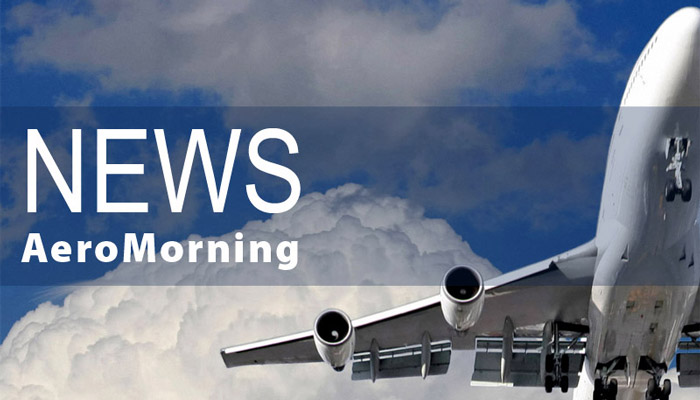TEGUCIGALPA, Honduras, Feb. 6, 2017 /PRNewswire/ — Investments in Honduran airline industries continue to flourish as construction of yet another international airport begins. Located in the city of Comayagua, around 50 miles northwest of Tegucigalpa, the International Airport of Palmerola, expects to increase connectivity domestically throughout Honduras, while providing another transition point for international travelers.
The airport will cost around $163 million and expects to be completed in 18 months. The construction is predicted to generate 7000 direct new jobs, while benefiting more than 30,000 people, namely in the Valley of Comayagua. This new structure will house the Hernán Acosta Mejía Aviation School currently located in Tegucigalpa. The airport’s plans include the construction of a control tower, commercial areas, and ample parking, along with seven distinct terminals for both domestic and international travel.
Palmerola reflects another step forward in Honduran president Juan Orlando Hernández’s economic plan, Honduras 20/20. This initiative seeks to further stimulate the Honduran economy through investments in numerous Honduran sectors, and in one of particular recent interest: the airline industry.
Throughout the fourth quarter of 2016, Honduras made numerous accomplishments in its connectivity. In early October, Spirit Airlines began to offer direct flights from various US cities, followed by a new partnership with Air Europa, established at the end of November, which will allow the European airline to offer nonstop service from Madrid to San Pedro Sula. These numerous investments in the Honduran airline industry reaffirm the country’s dedication to increasing Honduras’ footprint globally in 2017 and beyond.
At the inauguration of the construction, President Hernández added his hopes for the airport, “It is not just an airport, because in the future it can convert this region into a special area of development for the valley [of Comayagua], for Honduras, and why not for even the Central American market?” The president’s palpable optimism in relation to the airport reflects the country’s commitment to further positioning itself within a globalized market.
By continuing to find innovative ways to serve both domestic and international populations through increased connectivity, Honduras invites international interest in investment, commerce, and tourism, three key industries in the country’s sustainable development. The economic stimulation provided by the construction of the Palmerola International Airport will propel Honduras forward, making the packaging of Honduras as a destination for tourism and investment even easier for takeoff.
SOURCE Honduras Presidency





Be the first to comment on "Honduran Connectivity Continues to Fly: Construction of the New Palmerola Airport Begins"